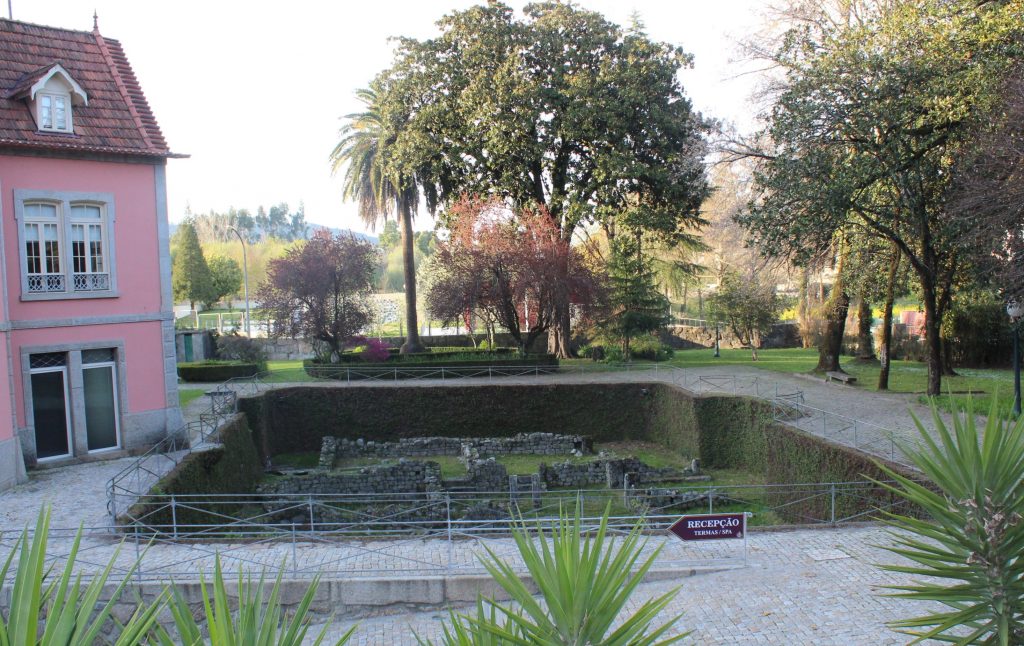Habuimus in Cumano quasi pusillam Romam; tanta erat in iis locis multitudo; cum interim Rufio noster, quod se a Vestorio observari videbat, στρατηγήματι hominem percussit; nam ad me non accessit, ‘itane? cum Hortensius veniret et infirmus et tam longe et Hortensius, cum maxima praeterea multitudo, ille non venit?’
My place at Cumae was a Rome in miniature—so many people about down here. Among them was our little Rufus, who, finding himself under observation by Vestorius, foiled him by a ruse—he came nowhere near or by me. Odd, you may think. Hortensius called—a sick man, such a long way, and Hortensius to boot—and a great multitude besides, but not Rufus?
En la finca de Cumas tuvimos como una Roma pequeñita: tan grande era la aglomeración en aquellos lugares. Entretanto, nuestro Rufión, viendo que era vigilado por Vestorio, lo burló con una ‘estratagema’: no se acercó a verme. «¿Y eso?¿después de venir Hortensio, y enfermo, y de tan lejos, ¡y Hortensio!, además de una enorme multitud, él no se presentó?»
Commentary
Hortensius, being ill, takes a long trip all the way to Cumae.


